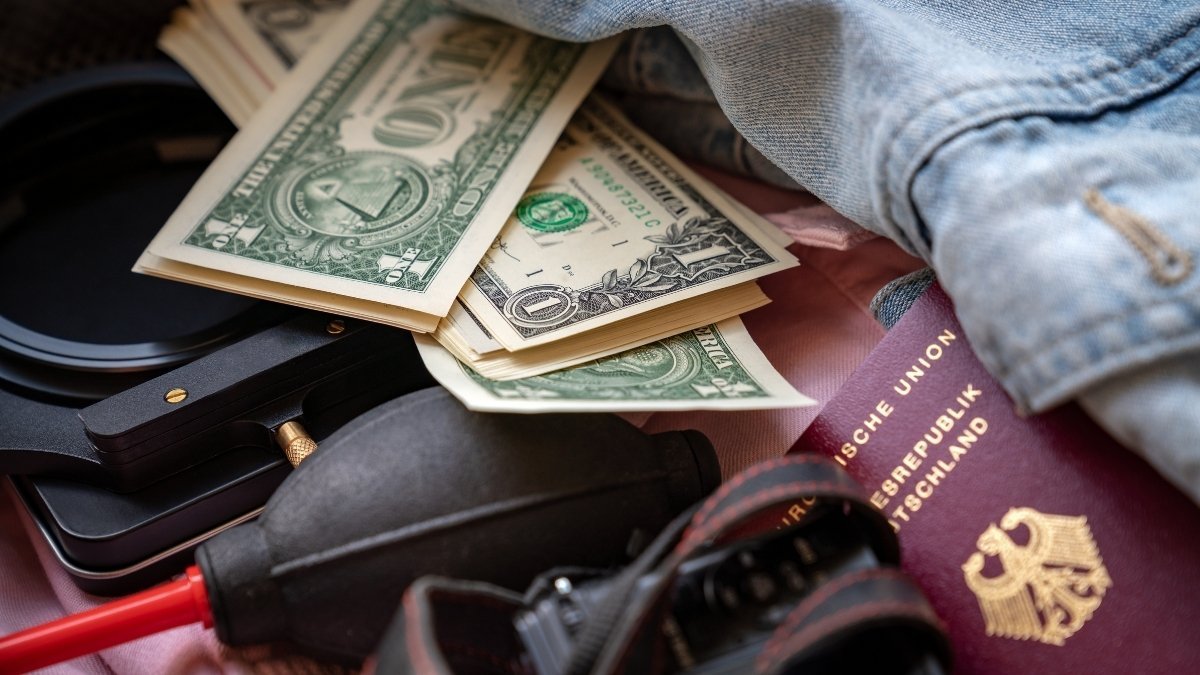Medellín sells a dream of passionate romance, a place where traditional values and fiery connections are still alive. It’s a top spot for men looking to escape the cold dating world of the West. But this dream has a dark side.
For every man who finds a loving partner, another finds himself the target of sophisticated criminals. The city’s beautiful views and lively culture hide a growing danger where dating apps are used as bait.
Foreign men are being lured into traps, drugged, and robbed. This isn’t just bad luck; it’s a calculated system turning the search for love into a life-or-death gamble.
A New Search for Love in a New Place
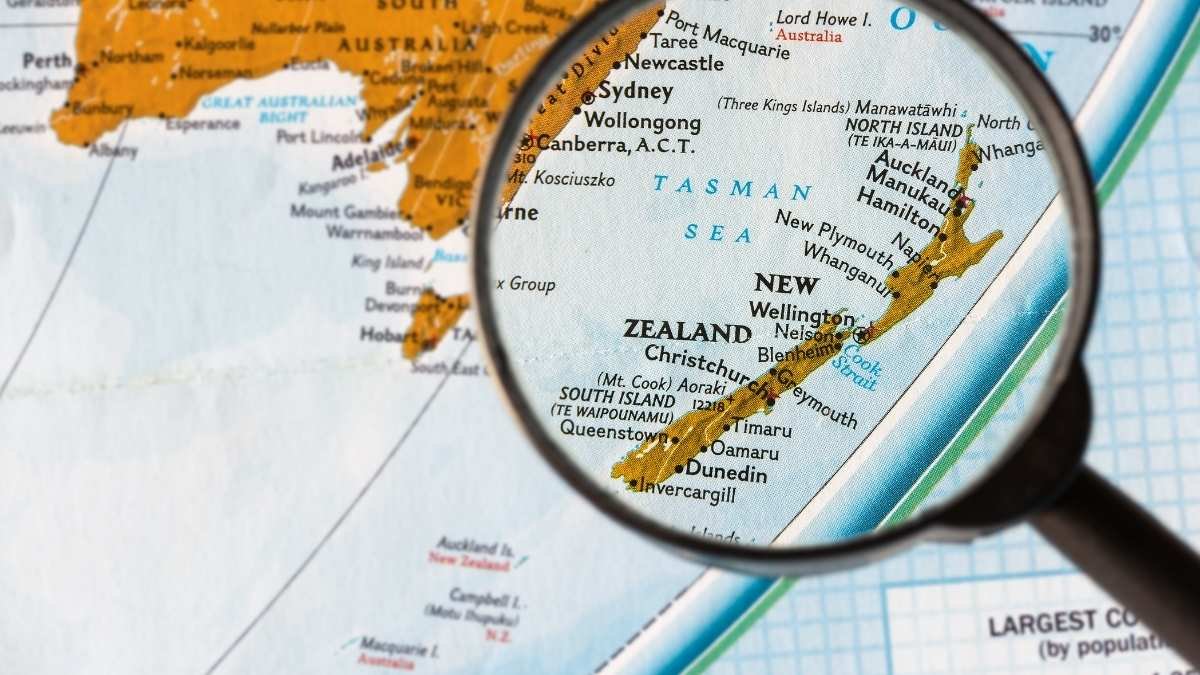
A 35-year-old software developer from Austin, Texas, packs his bags. He’s heading to Medellín, Colombia, for six months. His luggage has the usual stuff for someone who works online: light clothes, a good laptop, and headphones.
But his main goal isn’t work or travel. He’s part of a growing and controversial group of Western men looking for love and a different life far from home. He is what the internet calls a “Passport Bro.”
This new term got popular on social media sites like TikTok. The hashtag #passportbros has hundreds of millions of views. It describes men from Western countries who travel to other places just to date or marry foreign women.
These men are unhappy with dating in their home countries. They go to places like Colombia, Thailand, and Brazil with their passport, hoping for a better love life.
But not all these men are the same. Some are truly looking for traditional, long-term relationships and marriage. Others get criticized as sex tourists or as men who use their money to take advantage of women.
This report looks into the heart of the Passport Bro trend. It explores where the ideas came from, what pushes these men to leave, and the unspoken “dark truth” that comes with this global search for love.
This is a look at a trend that mixes travel, technology, gender issues, and money—and it forces a tough conversation. Is this a fair response to a broken dating culture, or is it a new, sneaky form of harm?
Why They Leave: The “Manosphere” and Rejecting the West
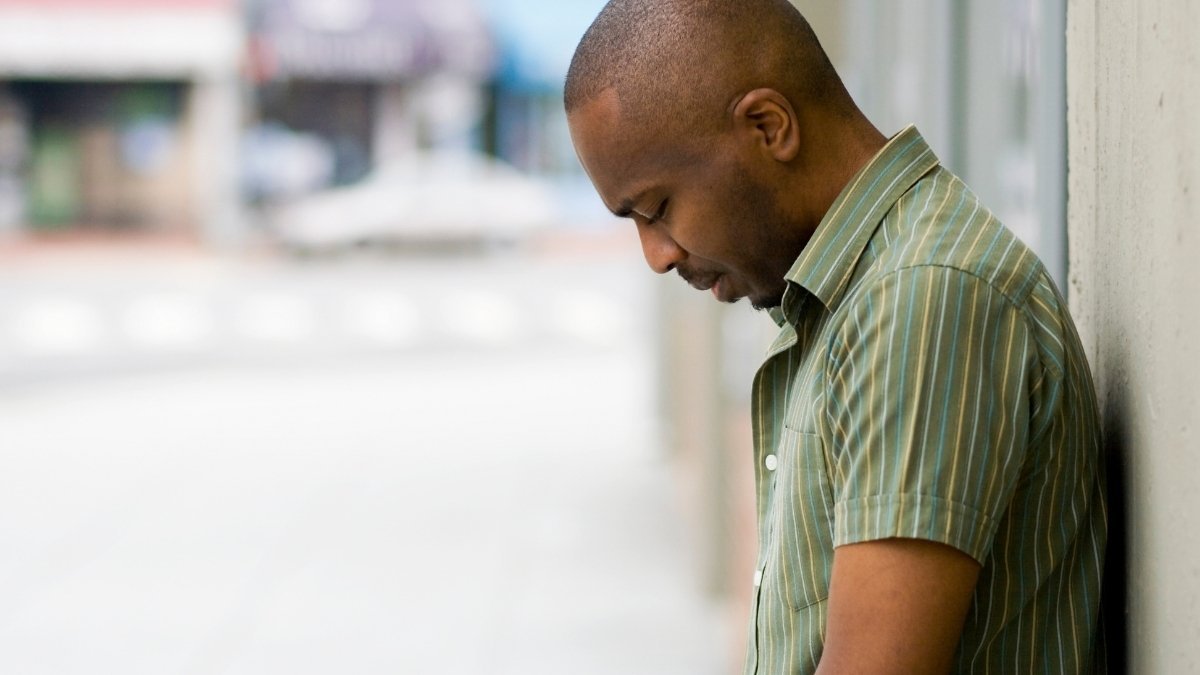
To get why men become Passport Bros, you have to know what they’re upset about. The idea comes from a part of the internet called the “manosphere.”
This is a group of websites and forums about men’s issues, often from an anti-feminist point of view. Men in this movement say they are very unhappy with how Western society, and especially Western women, have changed.
The main belief is that modern Western women follow a “toxic” feminist idea that has made dating impossible for many men. They say that Western dating has “impossibly high standards.”
For example, they feel women demand partners who are over six feet tall and make a six-figure income. This creates a world where dating feels like a contest based on money and status. It also feels like people are always looking for the “next slightly hotter or more successful person,” which makes real connection seem out of reach.
So, these men look for what they call “traditional” women. This word means something very specific to them. A “traditional” partner is someone who is focused on family, is thankful, and is happy with classic gender roles.
This includes being the main person to handle house duties like cooking and cleaning. They are looking for women they see as more “feminine” and less argumentative than women back home. They often use words like “submissive” and “compliant” to describe their ideal partner.
This trend is not just about a few bad dates. It’s a sign of a bigger change in society. The growth of online dating has completely changed how relationships start. It used to be something you did within your community and group of friends.
Now, it has become a “private” activity you do alone. This has created what experts call the “paradox of choice.” When you have endless options on a dating app, it can make you less happy and less likely to commit to one person.
The Passport Bro movement is an extreme reaction to this. It’s a rejection of a “dating market” run by computer programs. This system leaves many men feeling alone, like a product on a shelf, and “invisible” in their own countries.
Their choice to find love in another country is an attempt to escape a system they feel is broken. They want to find a place where the rules of attraction might work for them again.
The Reasons to Go: Feeling Pushed Out and Pulled In
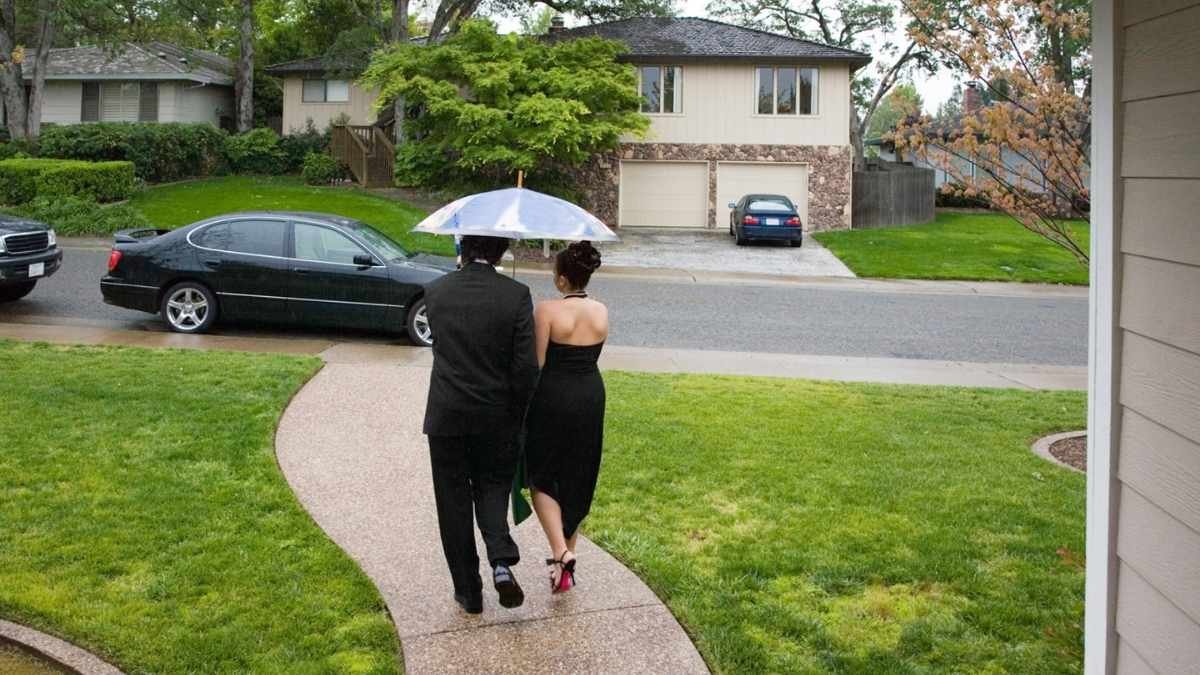
The choice for Western men to find love in other countries is driven by two things. “Push” factors are the problems at home that make them want to leave.
“Pull” factors are the good things they see in other countries that draw them in. This is a mix of feeling let down emotionally and seeing a clear financial advantage.
The “Push”: Why Modern Western Men Feel Let Down
The main “push” is a deep feeling of being ignored and alone. Psychologists who study modern men, like Dr. Orion Taraban, have said that more and more men feel “invisible, disposable, and disconnected” in today’s world.
This feeling is part of what Dr. Warren Farrell calls “The Boy Crisis.” This problem includes a lack of purpose, not enough good male role models, and confusion about what it means to be a man. In dating, this can show up as low confidence and feeling discouraged.
The way modern Western dating works makes this feeling worse. Many men report feeling stuck in a “toxic, status-obsessed dating culture.” They feel their value as a partner is judged by a short list of things like height, income, and job title.
This connects to a social idea called hypergamy, which is when someone looks for a partner with a higher social or economic status. Studies across many cultures have found that while both men and women care about looks, women often put more importance on a man’s money and ambition.
In a world with high expectations and competitive dating apps, men who don’t meet these standards can feel left out.
This leads to a deep sense of being let down. For many, deciding to become a “Passport Bro” is the last step. They give up on a dating world where they feel they can’t win and look for a new one.
The “Pull”: The Big Advantage of Money
If feeling let down is the “push,” then money is the “pull.” The main appeal of places like Colombia, Thailand, and Brazil is something called geo-arbitrage. This means using a stronger currency and a Western salary in a country with a lower cost of living.
A man who makes a normal American salary of $60,000 a year can, as one TikTok creator said, “live like you made $120,000 a year pretty comfortably” in many of these countries.
This money advantage is not just about a better lifestyle; it completely changes the dating game.
The money difference is huge, as you can see in the table below. An average monthly salary in a big U.S. city can be five to ten times higher than the average in Bogotá, Bangkok, or Rio de Janeiro.
This fact immediately makes the Western man seem like a high-status person. Supporters of the movement believe this makes them “more appealing” to local women.
| City | Average Monthly Salary (USD, 2025 est.) | Estimated Monthly Cost of Living (Single Person, Excl. Rent, USD) |
| New York, USA | $6,500 | $1,500 |
| Bogotá, Colombia | $860 | $450 |
| Bangkok, Thailand | $850 – $1,150 | $550 |
| Rio de Janeiro, Brazil | $660 – $1,300 | $500 |
This money advantage is seen as a fix for a social problem. For men who feel they aren’t tall enough, rich enough, or important enough to compete in the Western dating world, their passport and money become a powerful tool in a new place.
Moving to another country is a smart move from a dating world where they feel worthless to one where their money power is much stronger.
One man said being a “tall white dude with even a small amount of money” was the “biggest cheat code” for dating in Peru. This shows that money is a key part of the movement, and it creates a power difference from the very start of any relationship.
The search for a “traditional” woman is tied to finding her in a place where the man’s role as a provider is not just wanted, but has a much bigger impact. This is a key part of the “dark truth” of this trend.
1. Colombia – A Mix of Passion and Danger
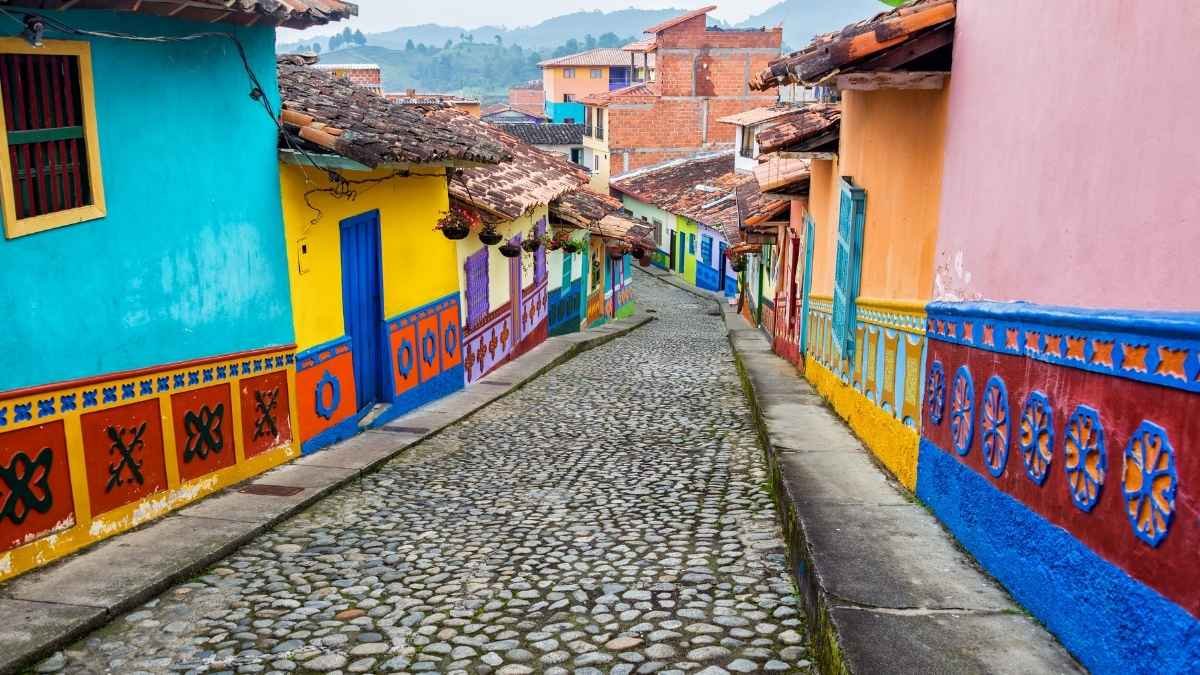
Colombia, especially the city of Medellín, is a top spot for “Passport Bros.” It’s known for its lively culture, beautiful views, and passionate people. But under the surface, it can be very dangerous. Foreign men are now targets for smart and violent criminals.
The Good Part: Passion, Femininity, and Family
The dating culture in Colombia appeals to these men because it matches the traditional values they want. It is a society where gender roles are often clearer than in the West.
Men are usually expected to be confident and lead when dating, while women might seem more shy at first. The idea of machismo, a strong sense of being a man, is still a big part of the culture. It supports the idea that men should be protectors and providers, and they often pay for dates.
Family is the foundation of Colombian society, and this is a big part of relationships. It’s normal for a man to meet his date’s mother and family very early on. This is known as caer bien en la bolsa de la suegra (to be liked by the mother-in-law).
This focus on family, along with a culture that is open to showing affection in public, is a big draw for men who want a deep, traditional partnership.
The Dark Truth: A System for Targeting Foreigners
The dream of finding love in Colombia has a dark side: targeted crime against foreigners. The U.S. Department of State has a Level 3: Reconsider Travel warning for the country.
It warns of crime, terrorism, and kidnapping. Even more serious, U.S. government groups have given urgent warnings against using online dating apps in Colombia. They say criminals use these apps to trick, attack, and rob people.
The numbers are scary. In the last two months of 2023, eight U.S. citizens died in suspicious ways in Medellín alone. By the middle of 2024, the number of violent tourist deaths in the city was 29.
That’s more than one per week and on track to be much higher than the year before. Along with these deaths, thefts against foreign visitors are up 200%, and many crimes are not even reported.
A scary drug called scopolamine, known as burundanga, is a big problem. This drug can be put in a drink or even blown in someone’s face. It makes a person unable to fight back and often erases their memory of what happened.
Criminal groups use scopolamine with dating apps. They trick men into meeting at a hotel, bar, or home before drugging and robbing them. In some cases, the men are killed.
The danger for foreign men in a city like Medellín is not just random street crime. The patterns show a change from simple theft to a smart, organized crime business.
The method—using fake dating profiles to target foreign men, tricking them into a meeting, drugging them with scopolamine, and then robbing them—is a system. This is not a random crime; it’s a business plan.
Criminals have found that the “Passport Bro” group is an easy and profitable target. They know these men are looking for local women and might let their guard down, blinded by the hope of love.
The very apps these men use to find love have been turned against them. Dating apps have become hunting grounds. The “dark truth” in Colombia is that the promise of love is often the bait in a dangerous, and sometimes deadly, trap.
How to Stay Safe in Colombia (2025)
If you date in Colombia, you must be extremely careful. Based on official warnings and expert advice, you must follow these safety rules:
- Meet in Public Places Only: For the first few dates, meet only in busy, public places like restaurants or malls. Never meet for the first or second time in a private home or hotel room. Most of these crimes happen in private places.
- Tell Someone Your Plans: Before any date, tell a trusted friend or family member exactly what you are doing. This should include the name and profile of the person you are meeting, the location, and when you expect to be back.
- Watch Your Drink: Never leave your drink alone, not even for a second. Don’t take drinks from strangers or from a date if you didn’t see the bartender make it.
- Get Your Own Ride: Use trusted ride-sharing apps or taxi services to get to and from the date. Do not get into a stranger’s car or let them drive you.
- Trust Your Gut: If a situation feels wrong, or if your date pressures you to go to a private place, end the date and leave right away.
2. Thailand – The Dream of Tradition, The Reality of Scams

Thailand has long been a popular place for Western men. They are drawn by its reputation for beauty, a gentle culture, and women who seem to be traditionally feminine. Many men do find real, long-lasting relationships.
But the country also has a large network of romance scammers and a culture of money-for-love that can trap people who are not careful.
The Good Part: A Culture of Respect and Family
Thai culture is very different from the fast-paced, individual-focused West. This is a big part of its appeal. The idea of “saving face”—avoiding arguments in public and keeping things peaceful—is part of all social life.
This leads to a communication style that is often quiet and gentle. Showing affection in public is less common, and relationships often grow more slowly. This can feel more real to men who are tired of the quick, short-term dating in the West.
Family is very important, and a partner is often expected to become part of the larger family. Meeting a woman’s parents is a big step that shows you are serious about the relationship.
The expectation for a man to be a stable provider is a deep part of the culture. The traditional practice of sin sod (a type of dowry) has changed over time, but it still shows a man’s respect for his partner’s family and his ability to take care of their daughter.
For a “Passport Bro” who wants a culture that values the provider role and family, Thailand seems perfect.
The Dark Truth: The Smart Web of Romance Scams
The peaceful image of Thailand hides a big and well-developed business of romance scams that targets foreigners. These scams are not random crimes but planned operations, often run by organized groups.
The method is always the same: a scammer uses a fake profile with stolen photos to contact a victim on a dating site or social media. They then start a period of intense “love bombing.”
They shower the victim with attention and quickly build a strong emotional connection to create trust and make the victim dependent on them.
Once the victim is emotionally hooked, the requests for money start. The stories are different but follow common patterns: a sudden medical emergency for a family member, a business deal that needs a small investment for a big profit, or a request for money for a visa for a visit that will never happen.
If the victim pays once, the requests will keep coming. They will get bigger until the victim’s money is gone or they figure out they’ve been tricked. Then, the scammer disappears.
This situation is made more difficult by Thailand’s reputation as a place for sex tourism. Most Thai women are not in the sex industry, and many men are truly looking for wives, not prostitutes. But the lines can get blurry.
The money-for-sex nature of the bars and nightlife in tourist areas like Pattaya, Phuket, and parts of Bangkok can make it hard for new people to tell the difference between real romantic interest and a desire for money.
Official government warnings tell tourists about the risks of crime in these areas, including drink spiking, robbery, and sexual assault. This shows the dangers of this difficult social world.
Recent news about scam crackdowns and warnings from foreign embassies also show how big and serious the problem is.
How to Stay Safe in Thailand (2025)
To protect yourself from scams and being used in Thailand, you need to be careful online and aware of the culture.
Know the Signs of a Scammer:
Be on high alert for the common signs of a romance scammer.
They won’t want to do live video calls, their personal stories don’t add up, their profiles are too dramatic or perfect, they say “I love you” very quickly, and most importantly, they ask for money for any reason. A real partner will not ask for money early in a relationship.
Use a Vetting Service:
If you are thinking about a serious relationship, using a good background check service can be a smart move. These services can check a person’s identity, if they are married, and if they have a history of fraud. This adds an important layer of safety.
Respect the Culture:
Be patient and respectful when dating. Flirting should be gentle and not too pushy. Don’t rush into a physical relationship, as Thai culture is generally more conservative about this.
If a woman brings a friend on a date as a chaperone, see it as a good sign. It shows she is serious and cares about her reputation.
Date Outside of Tourist Areas:
To meet women who are not in the tourism or nightlife business, it’s better to use good dating sites instead of going to bars in tourist-heavy areas. Most Thai women do not go to these places.
3. Brazil – The Pull of Fun, The Risk of Danger
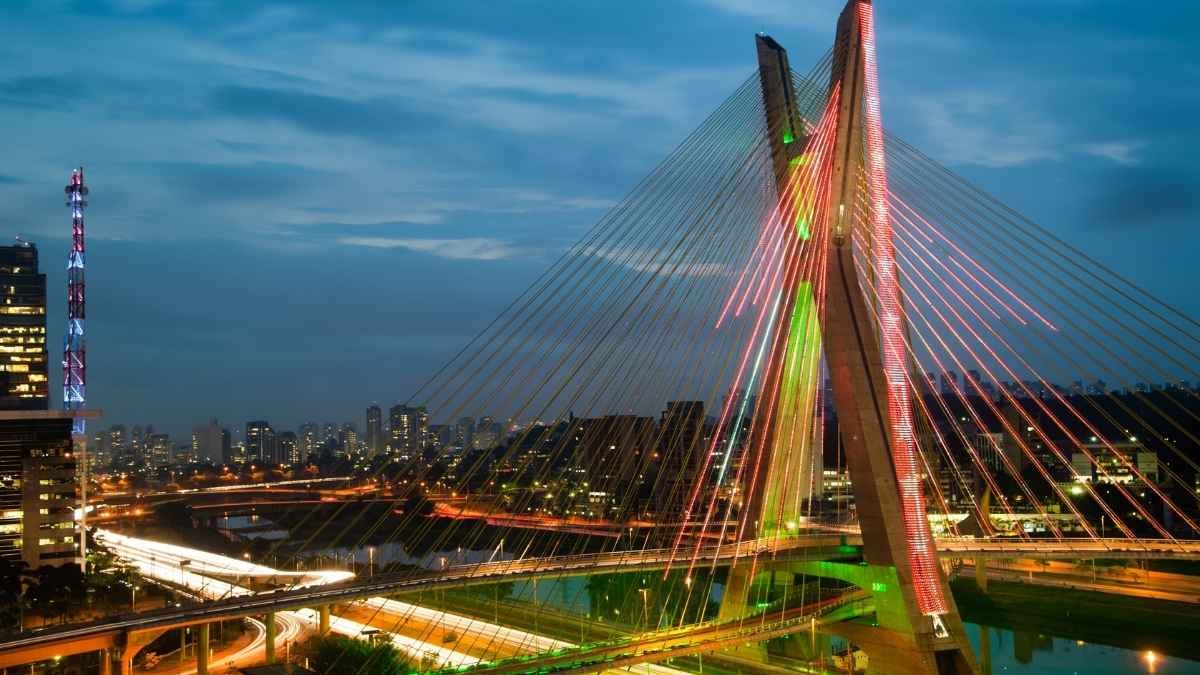
Brazil is famous for its carnivals, beautiful beaches, and a culture known for its warmth, passion, and love of life. For Western men, it offers the promise of exciting, loving relationships. But this same open culture can hide big dangers.
It creates a high-risk place where tourists, feeling too safe, can become easy targets for crime.
The Good Part: Passionate Love and Family Life
Brazilian dating culture is known for being open, physical, and loving. Unlike in more reserved cultures, showing affection in public is common.
Making out on a first date is not strange, but it doesn’t always mean a long-term relationship. This open passion can be exciting for foreigners who are used to more careful dating.
Like in much of Latin America, family is the center of Brazilian life. When you date a Brazilian, you are often quickly brought into their whole family. You might be invited to Sunday barbecues and family events almost right away.
This quick acceptance can be a big “pull” for men who are looking for more than just a partner. They may be looking for a deep sense of belonging that they feel is missing in their own lives.
The Dark Truth: City Dangers and Tricky Scams
The fun energy of Brazil’s big cities comes with a high level of violent crime. Both the U.S. and UK governments warn travelers to be extra careful.
They warn of armed robbery, carjacking, and assault, especially in cities like Rio de Janeiro and São Paulo. A very important piece of advice from these official sources is to stay out of all favelas (informal neighborhoods) at all times. Even on guided tours, they are not predictable and can be very dangerous.
A specific danger that is similar to the one in Colombia is the drink-spiking scam. It is known locally as Boa Noite, Cinderela (“Goodnight, Cinderella”). Criminals use this in bars, nightclubs, and through dating apps to drug their victims.
This makes them unconscious or unable to fight back before they are robbed. The fact that this scam is common shows a pattern in the region of using drugs to target tourists and foreigners.
Also, the country has a serious problem with human trafficking. The U.S. State Department’s 2024 Trafficking in Persons Report puts Brazil on the Tier 2 list.
This means the government is trying, but it doesn’t fully meet the basic standards for stopping trafficking. Brazil is a major source, transit, and destination country for sex trafficking.
Child sex tourism is still a big problem, especially in coastal and resort areas. This adds a serious moral issue for any man traveling to Brazil for romance or sex.
There is a dangerous disconnect for foreigners in Brazil. The country’s open, physically loving, and seemingly relaxed social culture is often misunderstood. People think it means it’s always safe and that everyone is sexually available.
Men who come with a “Carnival” or “conqueror” attitude can easily let their guard down. They see the cultural warmth as a simple green light for careless behavior. This cultural mistake makes them very open to criminals who are good at using this innocence.
The dark truth is that the very cultural things that attract these men can also hide great danger. Friendliness is not the same as safety, and flirting does not remove the risk of being targeted.
How to Stay Safe in Brazil (2025)
To be safe in Brazil, you need to be very aware of your surroundings and follow strict rules.
- Put Your Safety First: If you are being robbed, do not fight back. Give them your valuables right away. Fighting back can lead to violence. Don’t show off wealth, like expensive watches, jewelry, or a lot of cash.
- Be Careful When You Travel: Use trusted ride-sharing apps or radio-called taxis instead of flagging down a cab on the street. Be very careful in and around big transportation hubs, especially at night. Never enter a favela.
- Know the Dating Rules: Be aware of the different stages of Brazilian relationships. The first stage, ficar, is often casual and might not be exclusive. A more serious, committed relationship is called namoro. It is very important to talk openly about what you both expect to avoid confusion.
- Protect Yourself from Scams: The “Goodnight, Cinderella” scam is a real danger. Never take drinks from strangers, always watch your drink being made, and never leave it alone.
The Other Side of the Story: What Local Women Think
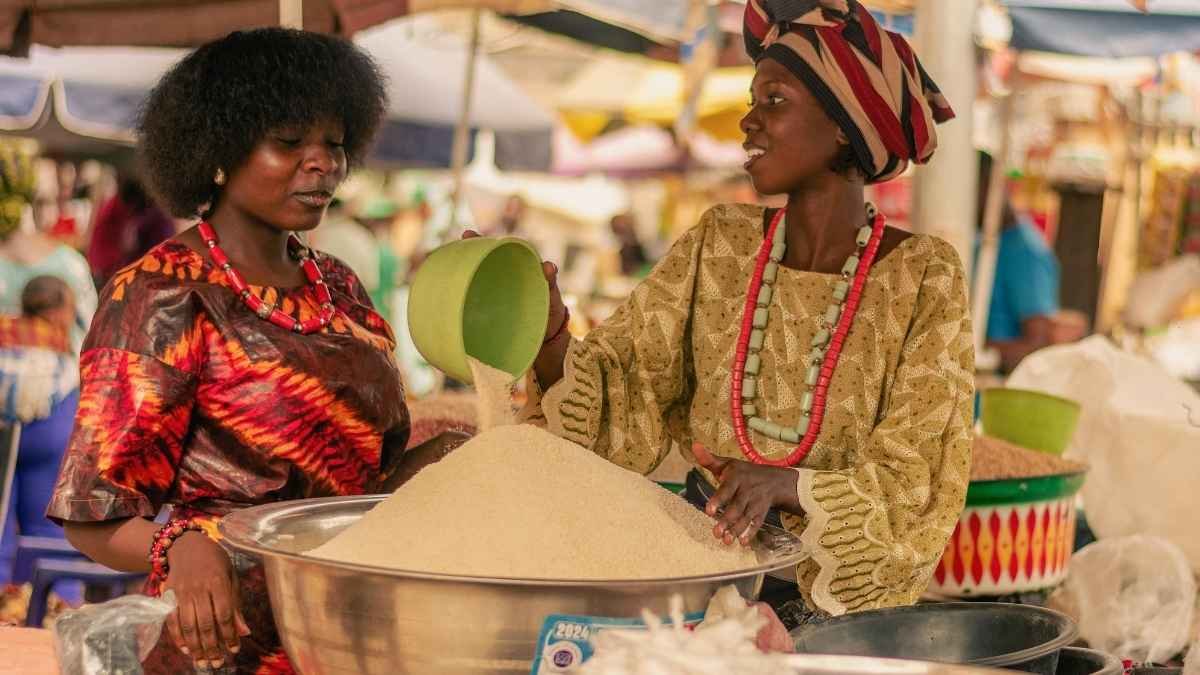
Most of what you hear about the “Passport Bro” movement comes from the men themselves. To really get it, you need to look past the stereotypes of “submissive mail-order brides” or “tricky gold diggers.”
You need to look at the real reasons, experiences, and choices of the women who date and marry foreigners.
More Than Just Stereotypes: Choice, Goals, and Practical Thinking
The idea that all women in Colombia, Thailand, and Brazil are quiet and need saving is a harmful fantasy. Their own stories show this is not true.
Many women in these countries are strong, have goals, and are independent. They often find the stereotypes some foreign men have to be insulting and based on wrong ideas.
One Filipina-American woman on Reddit saw these relationships and said the men almost always say they want a “traditional woman.” She said this label often hides a desire for control and ignores the woman’s own personality.
The money part is real, but it’s not as simple as the “gold digger” idea. In many developing countries, women may have fewer economic chances. Partnering with a foreigner is often a smart and practical choice.
For some, it is a “culturally scripted aspiration and route out of poverty.” It’s a planned choice to get a better future for themselves and their families. This is similar to the idea of hypergamy, where people look for partners with a higher economic status—a behavior seen in all cultures.
It’s less about greed and more about a smart search for a stable life in a world where not everyone starts out equal.
The experience of dating a gringo is also different for each woman. Some women are actively looking for foreign partners. But many say they would rather date local men because they share the same culture and language.
Others are open to dating foreigners but are careful around those who act entitled or seem to be using the experience just to feel better about themselves. A common complaint is being treated like an “exotic” object instead of a whole person with her own thoughts, goals, and culture.
The “Symbiosis” Argument: A Defense of “Traditional” Roles
To make the story more complicated, some women happily choose traditional gender roles. These women often disagree with Western feminist views.
They argue that their relationships are not unequal but are a form of “symbiosis,” where both people benefit. They say they are not uneducated, poor, or forced into it.
They say they find real happiness in home roles and in supporting a partner who is the main provider. For them, the setup is a partnership that works for both, based on shared values they might not find with men from their own culture.
There is proof that many of these international relationships are real and last a long time. Data on K-1 (fiancé) visas from the United States shows this.
In the 2022 fiscal year, for example, the approval rate for K-1 visas from Colombia was over 87%, with 1,761 visas approved. Brazil and other popular countries have similarly high approval rates. These numbers don’t promise a happy marriage, but they do show that many of these relationships pass a tough check by immigration officers.
These officers are trained to spot fake relationships. This suggests that thousands of real, committed couples are forming across borders every year. This challenges the simple idea that the movement is only about being used or having short-term flings.
The 2025 Guide to Dating Abroad: How to Be Safe and Fair
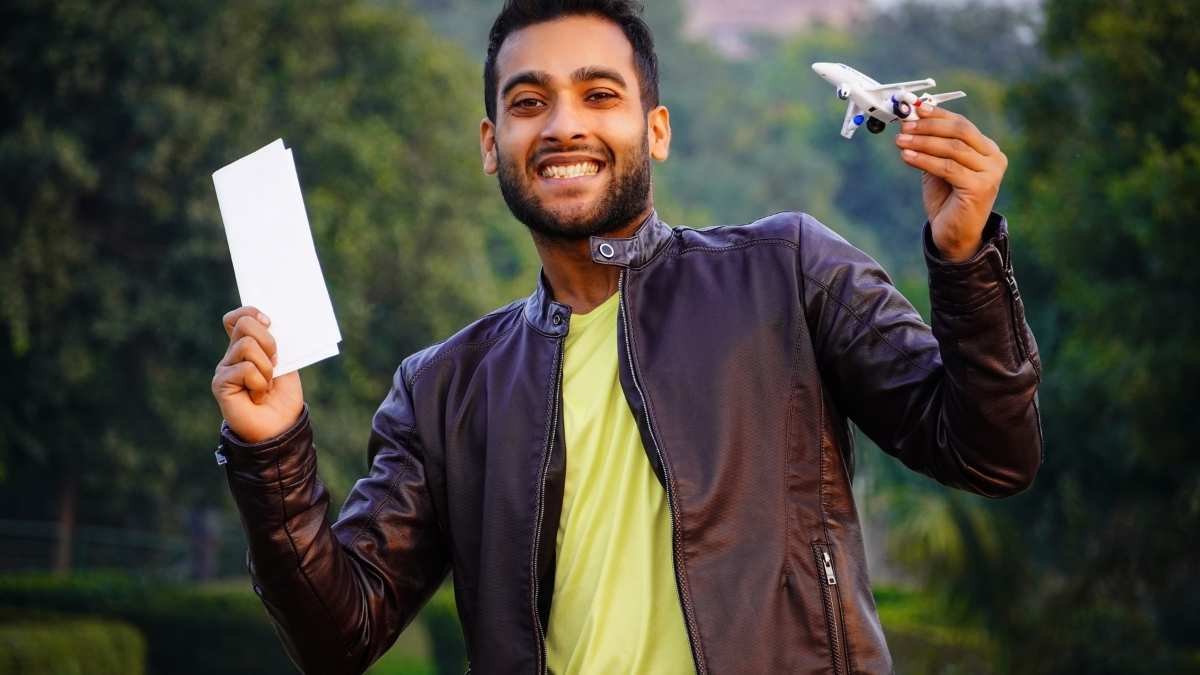
For any Western man thinking about dating in other countries in 2025, you need more than just a passport and a dating app. You need a solid plan for staying safe online, in person, and being fair. This guide gives you a real, actionable plan to do this the right way.
Checking People Out Online: How to Verify
Your first defense is online, before you book any flights or get emotionally involved.
- Use Good Platforms: Stay away from strange or unknown websites. Choose well-known international dating platforms with clear safety rules, good profile checks, and security to protect your personal data. Services like Match, eharmony, and InternationalCupid are bigger, more established options.
- The Checking Process: Be a little suspicious of every online profile until you can prove it’s real. A good checking process should include:
- Video Calls: Ask for live video calls early and often. This is the best way to confirm the person matches their photos and to get a feel for their personality. Scammers will always make excuses to avoid video calls.
- Reverse Image Search: Use tools like Google Images to search for their profile pictures. This can quickly show if the photos were stolen from someone else’s social media or a stock photo website.
- Social Media Check: Look at their linked social media accounts. Look for signs of a real life: posts over several years, comments with friends and family, and photos that match their story. A new profile with few friends is a big red flag.
- Look for Inconsistent Stories: Pay close attention to their stories. Scammers often work in teams and can mix up details. If their stories about their background, job, or family don’t add up, it’s a warning sign.
Staying Safe in Person: The First Meeting and After
Once you move from online to in-person, you need a new set of strict safety rules. The risks are real and different in each country, as shown in the risk table below.
| Country | Main Risks | High-Risk Places/Situations | Official Travel Advisory Level (U.S. State Dept.) |
| Colombia | Drugging (Scopolamine), Armed Robbery, Kidnapping, Murder | Dating Apps in Medellín, Nightlife in big cities | Level 3: Reconsider Travel |
| Thailand | Romance Scams, Financial Exploitation, Drink Spiking, Petty Theft | Online dating platforms, Tourist nightlife areas (Pattaya, parts of Bangkok/Phuket) | Level 1: Exercise Normal Precautions (with specific warnings) |
| Brazil | Armed Robbery, Express Kidnapping, Drugging (“Boa Noite, Cinderela”) | Urban areas (Rio, São Paulo), Beaches after dark, Favelas (Do Not Enter) | Level 2: Exercise Increased Caution |
The golden rules for physical safety are the same everywhere and you must follow them:
- Public Meetings Only: The first few dates must be in busy, public places. Never agree to meet at a private home, hotel room, or any lonely area.
- Tell a Trusted Person: Always tell a friend or family member your plans. Share your date’s name, photo, profile info, and the exact location and time of your meeting. Plan to check in with them at a set time.
- Control Your Situation: Get your own ride to and from the date. Never get into a stranger’s car. Always keep your drink in sight to prevent spiking.
Being Fair: Power, Money, and Culture
Safe dating is not just about avoiding crime. It’s also about being fair and respectful. This means you must admit the power differences and make a real effort to learn about cultural differences.
- Admit Your Privilege: Be very aware of the money difference. Don’t show off your wealth. This can attract the wrong kind of attention and make the relationship feel like a business deal. What seems like a small amount of money to a Westerner can be a lot of money locally. You should handle this with care.
- Learn the Local Rules: Cultural mistakes can lead to confusion and fights. It is very important to learn the local customs about dating, family, and communication. The table below gives a basic guide.
| Dating Rule | Colombia | Thailand | Brazil |
| Public Affection (PDA) | Expected and common. Relationships are often passionate. | Usually reserved, especially at the start. Being modest in public is valued. | Very common and expected. Physical affection is a big part of communication. |
| Meeting the Family | Happens very early, often on the first or second date. A very important step. | A serious step that shows you are committed. Usually happens after dating for a while. | Happens very quickly. You might be invited to a family barbecue in a few days. |
| Paying for Dates | The man is almost always expected to pay, as part of the machista culture. | The man is generally expected to pay, especially on the first few dates. | The man is usually expected to pay, but it can be more flexible. |
| Communication Style | Passionate, sometimes not direct. Arguments can seem more serious than they are. | Not direct, focuses on peace and “saving face.” Avoid direct fights. | Open, direct, and emotional. Brazilians are usually not afraid to show their feelings. |
| Being Exclusive | Must be talked about. Early dating (ficar) can be non-exclusive. | Dating is usually taken seriously with the idea of being exclusive. | Must be talked about. Ficar is casual; namoro is a serious, exclusive relationship. |
In the end, being fair means you should look for a person, not a stereotype. You should be truly curious about your partner’s life, goals, culture, and family. Don’t just project a fantasy of a “traditional” woman onto them.
The goal should be to build a partnership with a person, not to get a cultural idea.
A Final Look at the Search for Love in a Global World
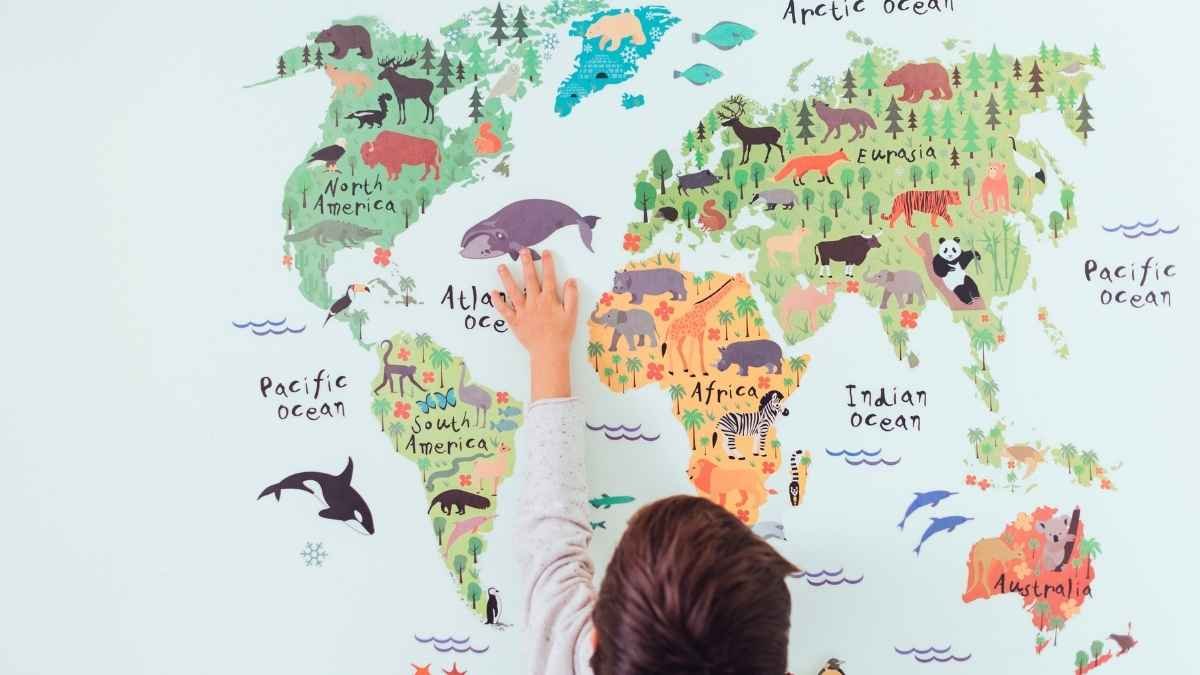
The “Passport Bro” trend, with all its debates, is a powerful sign of our world today. We are more connected than ever but can also feel more alone.
The trend shows a clash between personal desires and big, worldwide forces: the globalization of love, the lonely effects of technology, and the hard facts of money inequality.
The Passport Bro’s Problem: Looking for Realness Through a Deal
Here’s the strange part. The movement starts because men want to escape Western dating, which they feel is all about money and status.
But the movement itself is made possible by a global deal. Men who feel like products in a dating market that judges them on height and income go to a new market. There, their money and passport give them immediate status.
They look for a real, “traditional” connection. But the start of that search often sits on a clear power difference based on money. This doesn’t mean real love is impossible. Thousands of successful international marriages show it can work.
But it definitely makes the fairness and power balance of the relationship more difficult from the start.
The movement is a reaction to real and understandable feelings of being let down by some men. But the solution it offers has its own big problems.
The “dark truth” is not just one secret. It’s many things. It’s the sad news of a tourist found dead in a Medellín hotel room after a dating app meeting. It’s the financial ruin of a man who sent his life savings to a Thai “fiancée” he never met.
It’s the hint of old-style colonialism when a wealthy foreigner looks for a partner in a developing country. And it’s the pain a woman feels when she is valued for a stereotype instead of for who she is.
The Future of International Dating: More Than Just Bros
The “Passport Bro” movement is a loud and attention-grabbing example of a much bigger trend. As technology keeps breaking down distance, international dating will only get more common.
The questions this movement brings up—about the role of money in love, the meaning of tradition in a modern world, and the fairness of cross-cultural relationships—will become more important for everyone.
In the end, this global search for love shows a timeless truth. There are no shortcuts or easy ways out in the human search for a partner.
A new country might change the situation, but it doesn’t change the basic needs for a healthy relationship: mutual respect, honest talk, and a real connection. The dream of a foreign paradise might be strong, but it can’t erase the risks.
It also doesn’t remove the duty to treat others—no matter where they are from—with care, empathy, and a clear view of the difficult world we all share.

